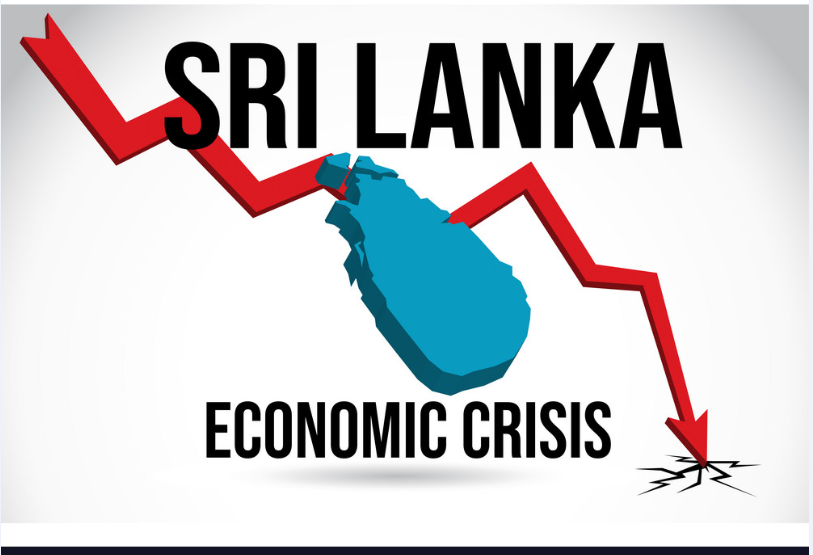
By Sanjay Kumar
NEW DELHI, Jan 18 – India’s US$900 million loans to Sri Lanka have prevented the island nation from spiraling into a major economic crisis, at least temporarily, but the Rajapaksa government will have to seek an immediate bailout from the International Monetary Fund (IMF) to tide over the foreign exchange shortage grappling the country.
India announced US$900 million loan facilities to Sri Lanka to build up its depleted foreign reserves and for imports of food, amid a major shortage of essential commodities.
The Indian High Commissioner to Sri Lanka, Gopal Baglay, met the Central Bank Governor Ajith Nivard Cabraal and expressed India’s strong support to Sri Lanka in the wake of RBI extending over US$900 million in loan facilities over the last week.
“India’s economic package has averted an immediate economic crisis after settling of international sovereign bonds due on January 18. The swap of US$400 million helped improve the gross reserves to an extent. The Indian credit line of US$1.5 billion will also ease shortages of essentials via imports from India,” Wijewardena, the former Sri Lankan Central Bank Deputy Governor said.
He also said that India’s timely assistance has given the Sri Lankan government two months of breathing space, the time in which tough economic reforms need to be implemented, and a bailout from the International Monetary Fund (IMF) is needed for a permanent solution.
Wijewardena’s comments came on the heels of India’s External Affairs Minister S Jaishankar and Sri Lanka’s Finance Minister Basil Rajapaksa conducting an extensive virtual meeting on the Indian economic assistance to Sri Lanka on Saturday.
According to a recent report in The Guardian, Sri Lanka is facing a deepening financial and hoarding to a humanitarian crisis with fears it could go bankrupt in 2022 as inflation rises to record levels, food prices rocket and its coffers run dry.
The meltdown faced by the government has been partly caused by the immediate impact of the Covid crisis and the loss of tourism. However, it is compounded by high government spending and tax cuts eroding state revenues. Vast debt repayments to China and foreign exchange reserves at their lowest levels in a decade have further eroded the already depleted economy.
Inflation has risen further due to the government printing money to pay off domestic loans and foreign bonds.
According to the World Bank, 500,000 people have fallen below the poverty line since the beginning of the pandemic, which is equivalent to five years’ progress in fighting poverty.
Inflation hit a record high of 11.1% in November 2021, and escalating prices have left those who were previously well off struggling to feed their families. The basic goods are now unaffordable for many.
After Rajapaksa declared Sri Lanka to be in an economic emergency, the military was given the power to ensure essential items, including rice and sugar. These items were sold at set government prices – but it has done little to ease people’s woes.
–WE